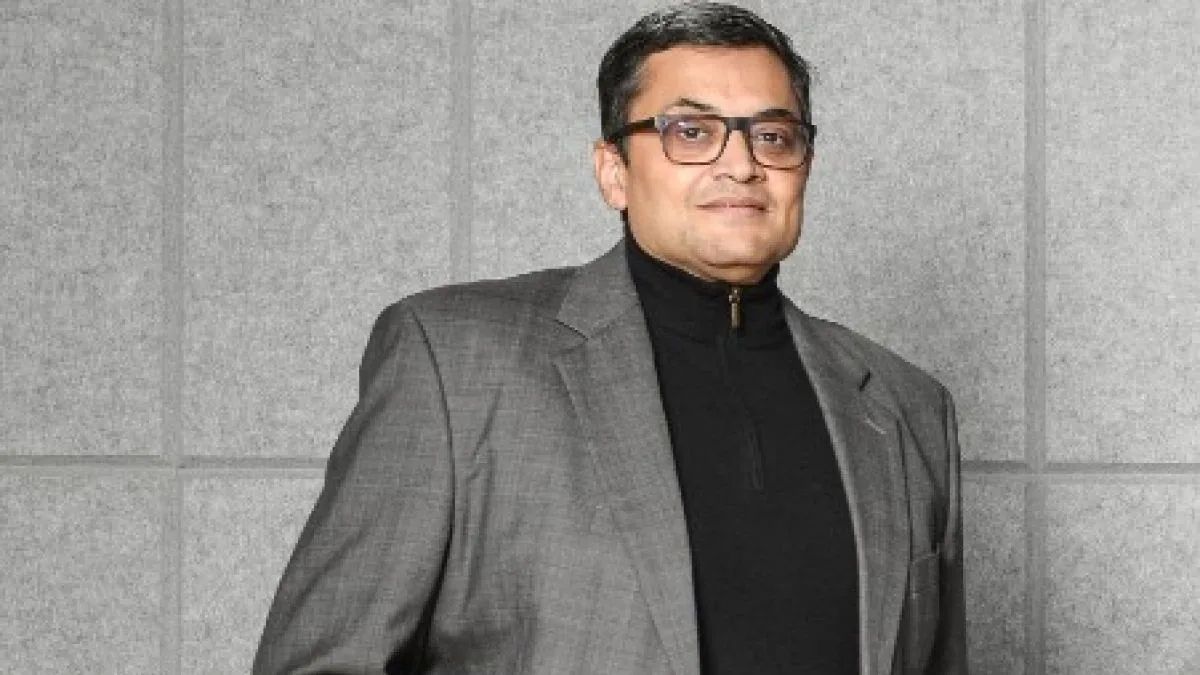Gyanesh Kumar Named Chief Election Commissioner Amid Supreme Court Challenge to New Law

Gyanesh Kumar appointed as the Chief Election Commissioner (CEC). Vivek Joshi named the new Election Commissioner (EC) to fill the vacancy. The appointment was made under the CEC and Other ECs (Appointment, Conditions of Service and Term of Office) Act, 2023. Rahul Gandhi opposed the selection, stating the process is being challenged in the Supreme Court. The Supreme Court is set to hear the case on February 19, 2025
Key Highlights:
Gyanesh Kumar Appointed as Chief Election Commissioner:

Gyanesh Kumar, an Election Commissioner, has been appointed as India’s Chief Election Commissioner (CEC) by the President. His appointment follows the provisions of the CEC and Other ECs (Appointment, Conditions of Service and Term of Office) Act, 2023, which was used for the first time to select a CEC.
Alongside Kumar, Haryana Chief Secretary Vivek Joshi has been named as an Election Commissioner (EC) to fill the vacancy created by Kumar’s promotion.
Selection Process and Political Dissent:
The Selection Committee, which finalized the appointments, was led by Prime Minister Narendra Modi and included Union Home Minister Amit Shah and Leader of Opposition Rahul Gandhi.
However, Rahul Gandhi opposed the selection, stating that the new appointment system is being challenged in the Supreme Court. He criticized the meeting as a formality without real decision-making power, arguing that the ruling party holds a dominant role in the process due to the composition of the committee.
Reports suggest that Gandhi urged the government to postpone the appointment until the Supreme Court delivers its verdict on the new law.
Election Commission Act 2023: A Controversial Law
The CEC and Other ECs (Appointment, Conditions of Service and Term of Office) Act, 2023, has introduced a new selection process for appointing the CEC and Election Commissioners. Under this law:
- The Prime Minister leads the selection panel.
- The Leader of the Opposition in the Lok Sabha is a member.
- The Prime Minister nominates a Union Cabinet Minister as the third member.
- The President appoints the CEC and ECs based on the panel’s recommendations.
This law replaced a Supreme Court-mandated system that previously recommended an independent collegium-style appointment process for greater transparency.
Supreme Court Challenge and Hearing on February 19:

The new law has been challenged in the Supreme Court, with critics arguing that it gives excessive power to the ruling government in appointing election officials.
The Supreme Court had earlier ruled in March 2023 that the Election Commission must remain independent and that the Executive should not have exclusive control over appointments. However, the Union government passed the new law in 2023, overriding the earlier framework.
A fresh hearing on the matter is scheduled for February 19, 2025, as petitioners demand an independent, collegium-based selection process for the CEC and ECs.
Why This Controversy Matters:

The Chief Election Commissioner and Election Commissioners are responsible for conducting free and fair elections in India, including for the President, Vice-President, Lok Sabha, and Rajya Sabha.
The independence of the Election Commission of India (ECI) is crucial to democracy. Critics argue that the new law compromises this independence by allowing the ruling government to have greater control over appointments.
In March 2024, the Supreme Court was petitioned to halt the appointment of two ECs, citing the biased selection process, but the Court declined to stop the appointments.
The appointment of Gyanesh Kumar as Chief Election Commissioner under the Election Commission Act 2023 has sparked controversy, with the Supreme Court set to review the law on February 19. The opposition, led by Rahul Gandhi, has raised concerns about the government’s control over the selection process, advocating for a more transparent and independent system.
With elections playing a pivotal role in India’s democracy, the Supreme Court’s decision on the validity of the new law will have a significant impact on the future of the Election Commission of India.
Stay tuned for updates on the Supreme Court hearing and its impact on India’s electoral system.
The Hindustan Herald Is Your Source For The Latest In Business, Entertainment, Lifestyle, Breaking News, And Other News. Please Follow Us On Facebook, Instagram, Twitter, And LinkedIn To Receive Instantaneous Updates. Also Don’t Forget To Subscribe Our Telegram Channel @hindustanherald








